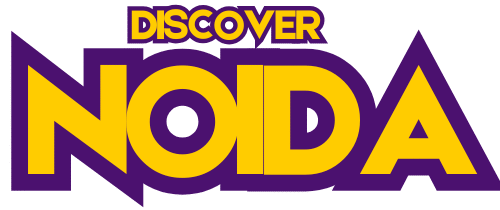Tunecraft Music School
13th Floor, tower-20, 13039, Mahagun Mywoods Rd, Gaur City 2, Noida, Ghaziabad, Uttar Pradesh 201009, India
https://tunecraft.in/
Tunecraft Music School sits two floors above a vintage-guitar showroom on Greene Street, its glass doors opening into a loft-style space that smells faintly of cedar rosin and fresh espresso. Instead of one large lobby, the reception area is broken into sound-treated alcoves: students sign in while hearing demos of their lessons, vocals already coated with the gentle plate reverb the facility’s own engineers dialed in for the lobby monitoring system. A purple neon equalizer crawls up the far wall, pulsing to whatever the Control Room streams from upstairs.
The curriculum is split into six main “Labs.” Guitar Lab is run by Pedro Nuñez, a luthier-turned-instructor who keeps three handmade tele-style guitars on the wall for students to borrow in the first month so they learn about resonance, not brand names. Drums Lab hides behind two welded-shut freight elevators; the 11 a.m. slot is notoriously loud because all six kits are electronic yet routed through Neve 1073 preamps so students feel the same heft as an acoustic setup without the neighbor complaints. Keys Lab faces a living-room lounge with a dimmable skylight; students rehearse prog-rock pieces on Hammond organ and finish with Rhodes-voiced digital orchestrations on Ableton Push controllers.
Vocal Lab is built like a New York theater—red velvet curtains, a 40-seat mini auditorium—but the walls also conceal five demountable iso-booths so an instructor can bounce a student from the stage to a one-on-one correction booth mid-rehearsal. Between Labs, eight semi-private “Phone Booths” line the corridor for songwriting drop-ins, each wired to a SoundGrid server where any track you save appears five seconds later on the next Lab console you log into.
True to its name, Tunecraft teaches craft. Every new student receives a brass membership key coded to their course package; scan it at any station and the room recalls your presets, playlists, and even the headphone volume you left last session. Syllabi are five-week sprints that end in Mixout Fridays: the entire school shuts practice doors at 7 p.m. and becomes a pop-up studio where advanced students lead first-timers through the single-collective-mix model. Songwriting professor Dahlia Wade uses the event to present a “golden ratio” workshop on chorus length, while tech instructor Leo Park teaches sidechain compression using studio A’s 96-channel API desk.
Advanced memberships—called Residencies—give 24/7 access to Studio A and Studio B. Studio A is centered on an analog Neve Genesys console wired to an Atmos 9.1.4 room so film-scoring students can mute strings while leaving horns reverberant in the ceiling arrays. Studio B is smaller, built around a vintage Studer A-800 24-track tape machine the school rescued from the East Village in 2018; residents in B are encouraged to track to tape, then move stem by stem into Pro Tools HDX for hip-hop vocal comping.
Tuition is project-based rather than term-based: you pay a fixed fee per craft level and retake sessions until you feel ready to advance. Scholarship cases are funded nightly by the downstairs barista stand; all tips go straight to the Ledger Room, a transparent Plexiglas vault where you can watch donor coins collect toward the next semester.
Check on Google Maps
- Published: August 3, 2025
